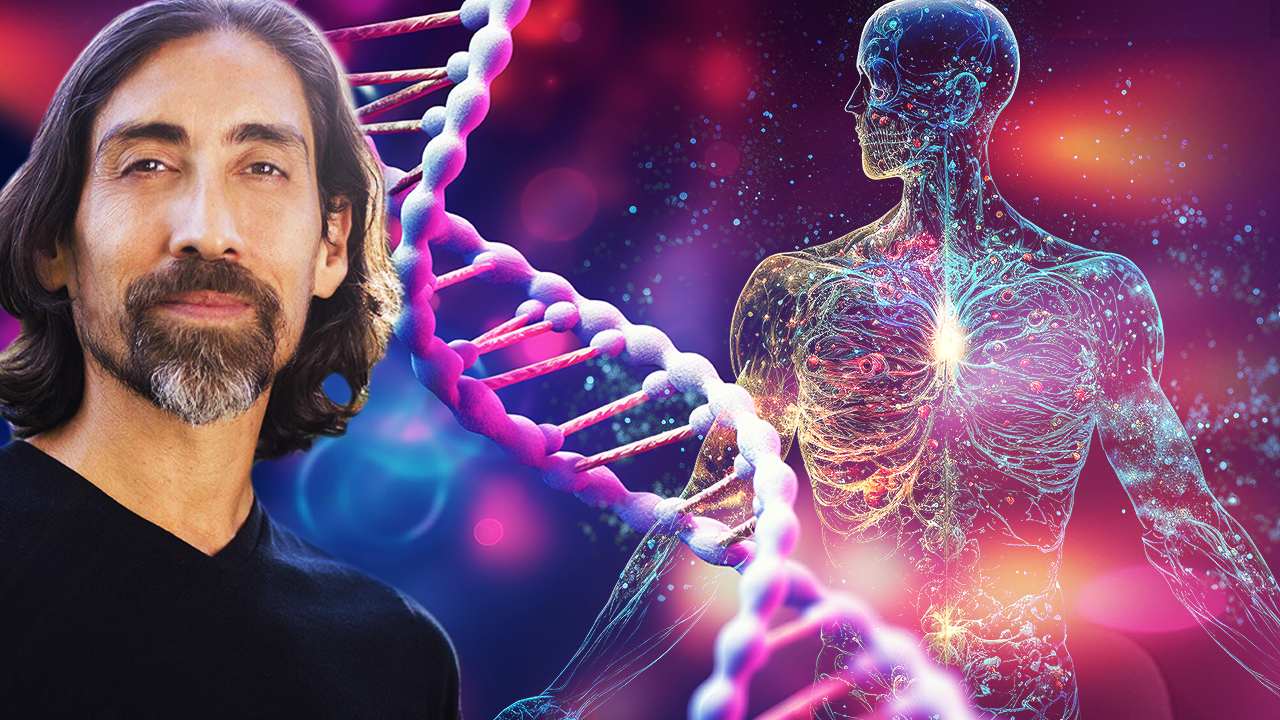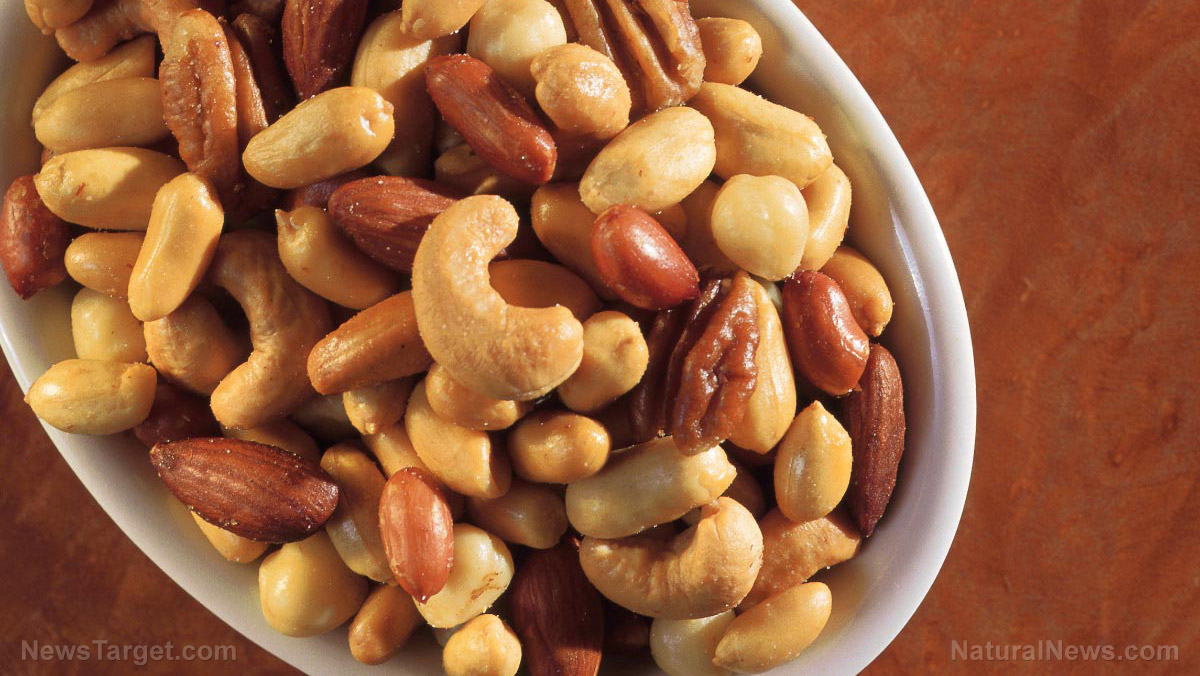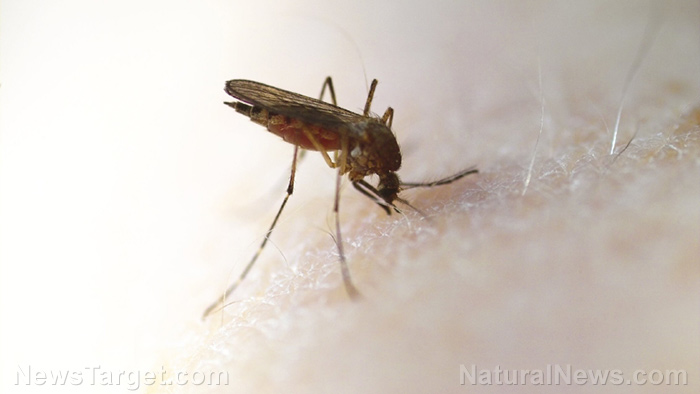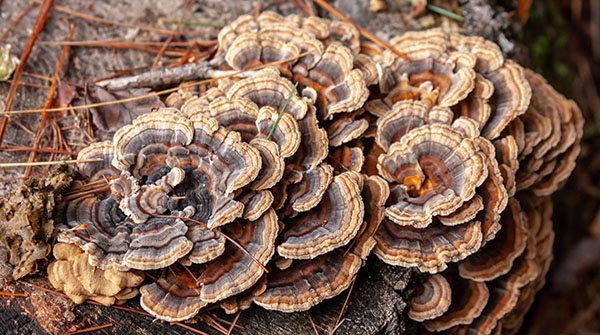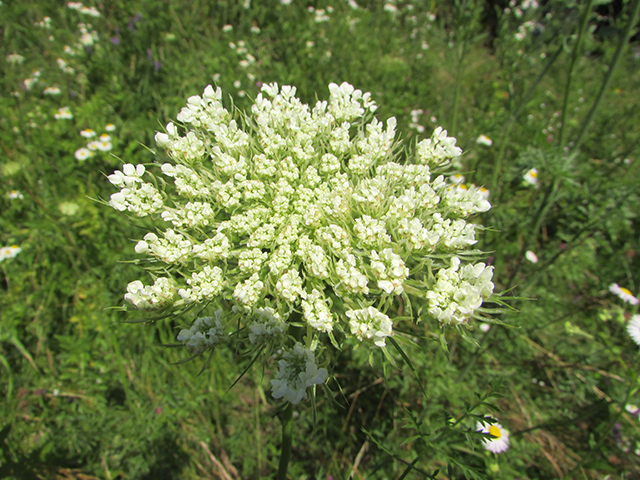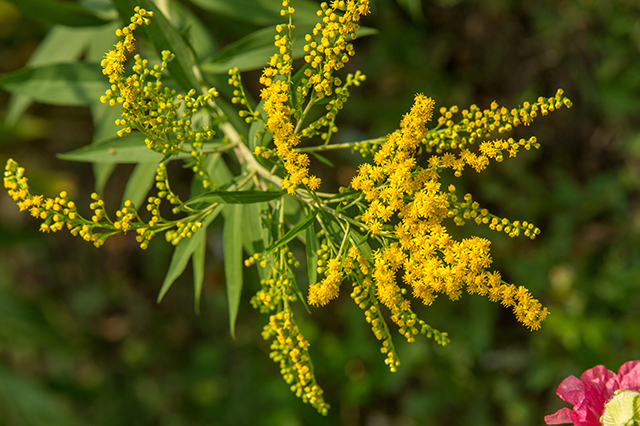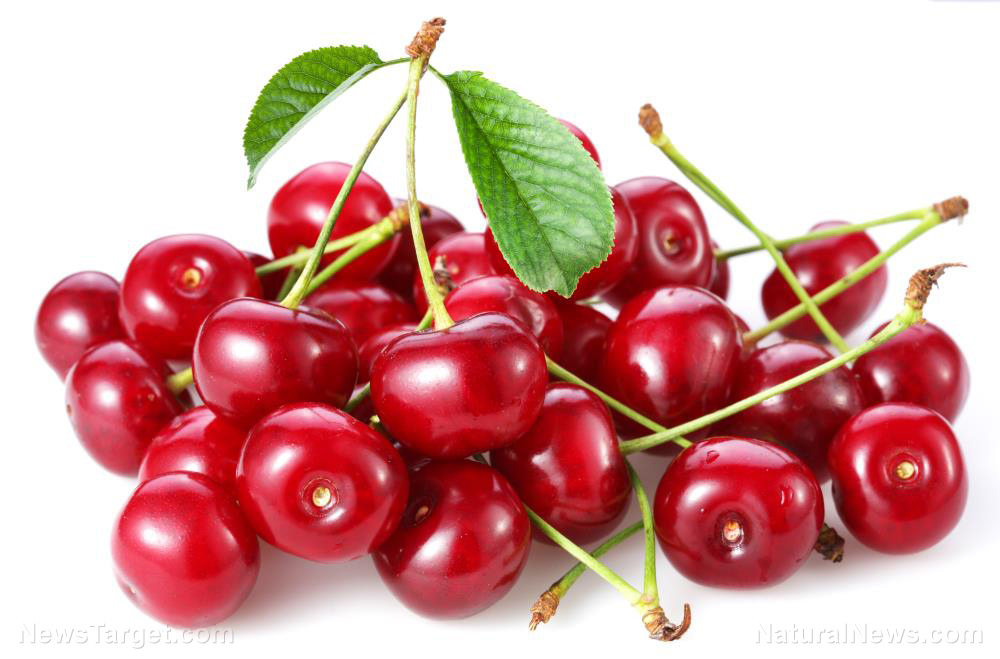Here are 4 good reasons to eat bananas every day
01/25/2023 / By Olivia Cook
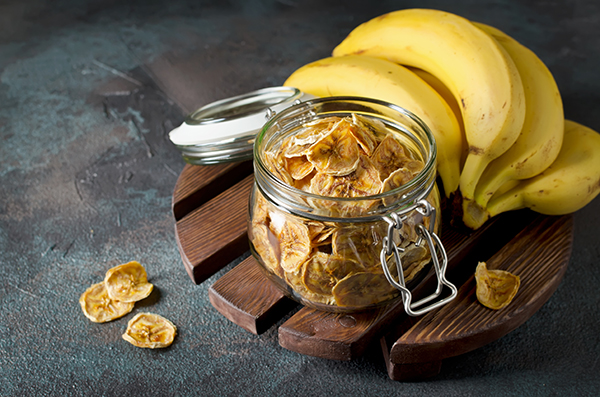
Bananas are a staple for more than 400 million people in many tropical and subtropical countries and vital in a well-balanced diet, according to a study published in the journal Frontiers in Plant Science.
Here are some reasons that will make you eat bananas every day. (Related: Bananas aren’t just for monkeys – Discover 25 powerful reasons to eat [organic] bananas.)
Bananas are a rich source of essential nutrients
Nutritionists and dieticians say the main reason to eat bananas is that they contain so much natural energy without any of the side effects of excessive carbohydrate consumption that one can get from processed foods.
According to the U.S. Department of Agriculture (USDA), a regular-sized 100-gram banana provides you with water (74.91g), energy (89kcal), protein (1.09g), fat (0.33g), carbohydrates (22,84g), fiber (2.6g), sugars (12.23g), carotene, choline, cryptoxanthin, lycopene and lutein + zeaxanthin.
Bananas also provide vitamins A, C (ascorbic acid) D (D2 +D3), E (alpha-tocopherol), K (phylloquinone) and B vitamins thiamin (B1), riboflavin (B2), niacin (B3), pyridoxine (B6), folic acid, folate (B9) and cobalamin (B12), as well as minerals, including calcium, copper, iron, magnesium, manganese, phosphorus, potassium, sodium and zinc.
Bananas are an antioxidant powerhouse
Bananas are a good source of natural, potent antioxidants that neutralize free radicals due to their gallocatechin content, according to a study published in the journal Food Chemistry.
A study published in the journal Food Science & Nutrition has indicated that banana fruit peel and flesh are abundant in valuable phytochemicals, including amines, carotenoids, flavonoids carotenoids, fatty acids, phytosterols, polyphenols and polysaccharides.
Amines (dopamine, norepinephrine, serotonin and tyramine) play an essential role in cell membrane stabilization, immune functions and prevention of chronic diseases as they participate in nucleic acid and protein synthesis, according to a study published in the Archives of Biochemistry and Biophysics.
Flavonoids (quercetin, cyanidin) found in bananas possess a number of medicinal benefits, including anti-cancer, antioxidant, anti-inflammatory and antiviral properties, according to a study published in the journal Molecules.
Carotenoids present in bananas include lycopene, which provides protection against prostate cancer among men, and lutein, which serves as an inhibitor of age-related macular degeneration.
Phytosterols (beta-sitosterol) in bananas help manage blood cholesterol levels – reducing the risk of cardiovascular disease, heart attack or stroke, according to a study published in the International Journal of Food Science and Technology.
Bananas provide potassium
Potassium is probably the most well-known benefit of why you should consume bananas – but not all potassium benefits are known.
A study of nearly 25,000 British men and women between the ages of 40 and 79, published in the Europen Heart Journal, has found that both men and women with the highest potassium intake were at lower risk for heart-related problems regardless of salt intake.
Potassium helps the body to flush out the extra sodium in the urine and eases tension in blood vessel walls.
Bananas support a healthy gut and a well-functioning immune system
Unripe, green bananas are rich in resistant starch and pectin – compounds that act as prebiotic nutrients which feed the friendly bacteria in the digestive system and help boost the immune system.
This fruit has a soothing effect on the gut, thanks to its high content of pectin, a soluble fiber that helps lower cholesterol and normalize bowel function. The high-fiber content of bananas also helps promote feelings of fullness and reduce bloating, according to a study published in the journal Nutrients.
Make one to two bananas a part of your balanced diet to get all the nutrients your body needs every day.
Watch this video to learn about mono cleansing by eating only bananas for a week.
This video is from the Dr. Kandace Silvola DC channel on Brighteon.com.
More related stories:
Are Cavendish bananas in danger of going extinct?
Food supply 101: How to make healthy dried banana chips.
Dehydrated food makes great survival food: Tips for what to dehydrate that will keep long-term.
Sources include:
Submit a correction >>
Tagged Under:
antioxidants, bananas, digestion, disease prevention, food is medicine, food science, Fresh, fruits, functional food, heart health, immune system, natural health, natural medicine, nutrients, nutrition, organics, phytonutrients, potassium
This article may contain statements that reflect the opinion of the author
RECENT NEWS & ARTICLES
COPYRIGHT © 2017 PHYTONUTRIENTS NEWS


